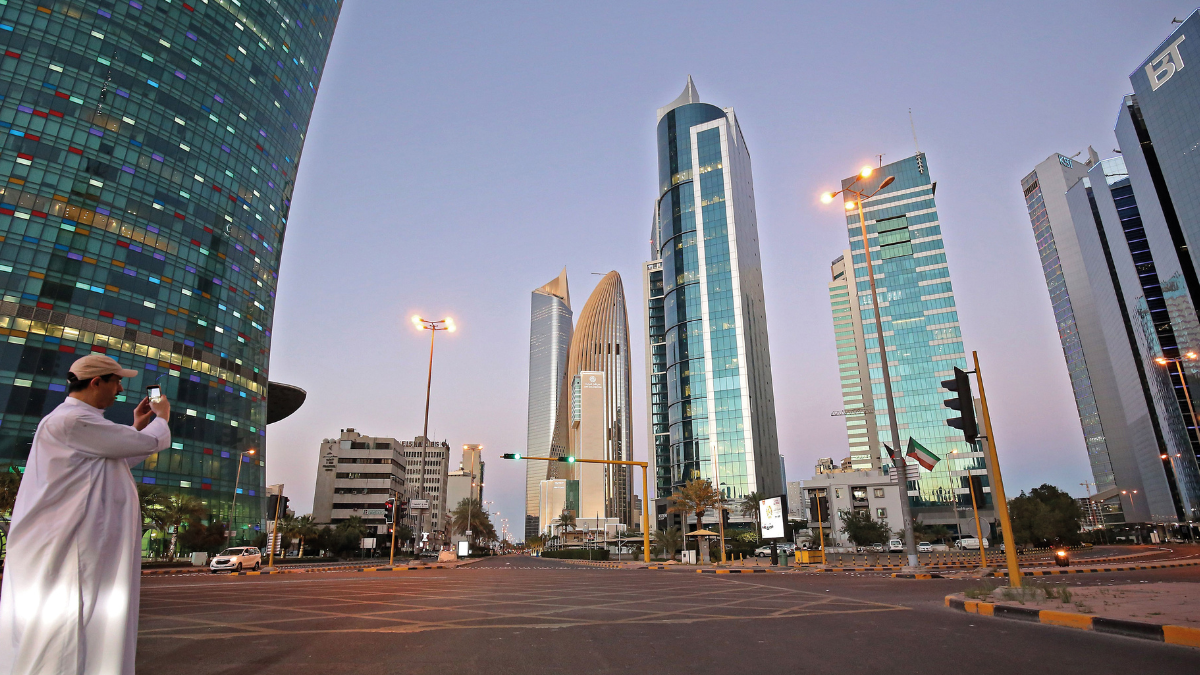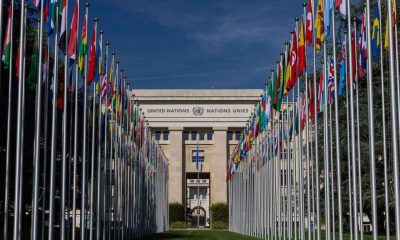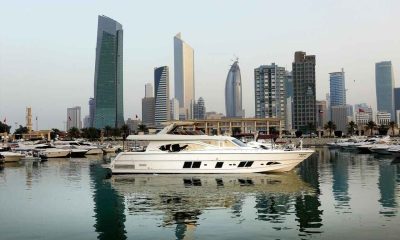In a recent assessment by the International Monetary Fund (IMF), Kuwait’s economic recovery faces substantial risks, particularly in light of fluctuating oil prices and production levels. Despite continued efforts to contain inflation and steady economic growth, the nation’s financial stability remains uncertain.
The IMF’s report underscores the urgent need for Kuwait to address its political stalemate, which has hampered crucial financial and structural reforms.
These reforms are seen as vital to enhancing investor confidence, stimulating private investment, and ensuring long-term economic sustainability.
Political Drama Unfolds
Kuwait’s political landscape has been marred by an ongoing standoff between the government and the National Assembly. This impasse has raised concerns about the nation’s ability to navigate economic challenges effectively.
The IMF report warns that the delay in implementing necessary reforms could exacerbate the risks of pro-cyclical fiscal policies, undermining investor confidence.
The consequences of this political drama are far-reaching. The lack of progress in diversifying Kuwait’s economy leaves it vulnerable to the impacts of climate change, further complicating the nation’s economic outlook.
Comprehensive fiscal control is deemed necessary, with a focus on increasing non-oil revenues, addressing stagnant spending, and boosting capital expenditure to foster potential growth.
What’s Next for Kuwait?
As Kuwait grapples with its political deadlock, the need for urgent reform cannot be overstated. Delaying these essential financial and structural changes not only jeopardizes the nation’s fiscal stability but also hinders progress towards a diversified economy.
The suggested reform measures, including selective taxation and value-added tax, along with the expansion of corporate income tax, are crucial to enhancing fiscal sustainability. Concurrently, addressing the wage bill and gradually reducing energy subsidies are essential public spending measures.
Furthermore, labor market reforms, such as harmonizing wages and working conditions between the public and private sectors, are vital to incentivize Kuwaitis to seek employment outside the public sector.
These reforms must be complemented by social safety net improvements to support citizens during the transition.
While Kuwait’s banking sector remains stable, the IMF underscores the importance of continued vigilance and strengthening precautionary frameworks.
Despite the recent economic recovery, driven in part by non-oil growth, the nation’s heavy reliance on oil exports and production levels remains a key determinant of its economic fate.
In conclusion, Kuwait stands at a critical juncture, where political resolve and swift action on economic reforms are imperative to secure its financial stability and ensure a prosperous future.
Also Read: GCC Ministerial Council Affirms Support for Palestine Sovereignty
The nation’s capacity to address these challenges will not only determine its own economic well-being but also have far-reaching implications for the global economy.






















